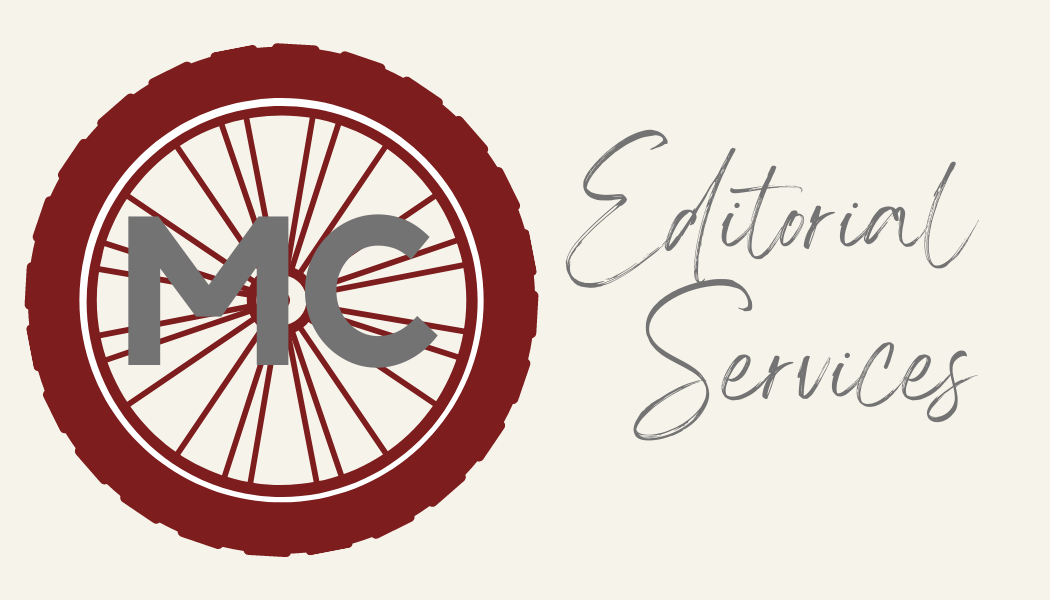More Tools for Neurodivergent Writers and Editors
I don’t know about you, but for me, winter is executive dysfunction’s favorite season. With the lack of sunshine, cold weather, and shorter days, it’s like my motivation goes dormant, and it becomes a special challenge just to sit down to work.
This time of year, I have to really lean on resources, tools, and routines that help with productivity and energy, from my HappyLight (a must-have for anyone with Seasonal Affective Disorder) to scheduled movement breaks and co-working sessions that help keep me on track. So I thought it would be the perfect time to share a few more tools that help me dig out of executive function paralysis.
Keep reading to learn about some of my favorite resources for writers and creatives with ADHD, autism, obsessive compulsive disorder, dyslexia, dyspraxia, dyscalculia, and other forms of neurodivergence. If you haven’t already, be sure to check out my first roundup of essential tools and resources for neurodivergent writers and editors. (And remember — every individual has unique needs for managing these challenges. These tools are not intended to take the place of therapy, medication, or coaching, and none of the information in this post should be construed as medical advice.)
Noise-cancelling headphones
Until I got my first pair of noise-cancelling headphones, I had no idea how much of a game-changer they would be. Like many neurodivergent people, I struggle with sensory processing issues, and background noises like fans or humming appliances can poke at my brain in the worst way, making it much more difficult to focus. Noise-cancelling headphones help shut out grating sounds and pump in soothing ones, whether you like to work with music or a more curated version of ambient noise.
I have a pair of Sony Wireless Noise-Cancelling Headphones that I adore, but you can find something similar for almost any price range. These are also essential for neurodivergent writers who like to work in public spaces like coffee shops and libraries. (And they completely changed my experience of flying on an airplane. Seriously.)
Coggle
My personal brand of ADHD makes me a very visual person, and sometimes I need something more dynamic than a bland page of typed notes to organize my thoughts. Coggle is a tool for quickly creating digital mind maps and flowcharts with images, links, and custom colors. When it comes to writing, it’s useful for everything from mapping out character family trees to thinking about your themes and taking a closer look at cause and effect in your plot.
Some writers also use Canva to make their own mind maps, though it requires a little more hands-on work with the design aspect of your charts. One of the advantages of Coggle is that the style and structure of the maps are easy to switch around without much clicking required.
Distraction-free typewriter
Do you ever find yourself sitting down to write and instead ending up on some random corner of the internet because you got distracted while doing some quick “research?” Bare bones portable typewriters such as Freewrite or even a used AlphaSmart (the brand is no longer in operation) make it easy to get words down without the danger of falling into a social media wormhole. Because these devices also have limited editing capabilities, they make it more difficult to edit as you go, helping you stay in writing flow and avoid getting stuck on a particular line or scene.
Purchasing a tool like this is definitely an investment, but it may be worth it for neurodivergent writers who frequently become distracted during work sessions. Plus, it’s portable, allowing you to leave the clunky laptop at home when writing outside the house.
InsightTimer
Most neurodivergent writers are no strangers to anxiety and overwhelm, making it all the more important to ensure self-care is part of your creative routine. I really enjoy the InsightTimer app, which offers guided meditations that help me pause and check in with myself when I start to approach overwhelm or sensory overload. One of my favorite features is the ability to join group meditations, which helps provide some accountability when I need the motivation boost of body-doubling.
The app allows you to search available meditations by length, so when your attention span is feeling particularly short, you can easily find something as short as three or four minutes. You can also search by subject, such as creativity or sleep, and save your favorite meditations and creators to come back to again and again.
Badger Focus Balm
Some people swear by the power of aromatherapy and essential oils to help manage symptoms of ADHD and other forms of neurodivergence. While I’m not an essential oil devotee, I do keep this Focus Balm stick on my desk for those moments when I need an extra burst of concentration or re-centering to help me power through.
This one is formulated with lemon, rosemary verbenone, grapefruit, cardamom, and ginger, and I love the scent. When I feel myself slipping into distraction, I rub a bit on my temples and sometimes the insides of my wrists. It usually pulls me back to whatever I’m doing or helps me switch gears to a new task. Is it the placebo effect? Who knows — but either way, it does seem to help.
What tools or resources have been the most helpful for you? Reach out and let me know!
P.S. - None of these are affiliate links—just products I was excited to share.

